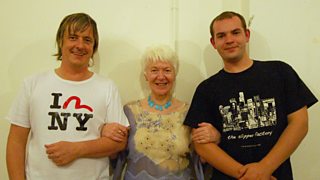How Craiglockhart in Edinburgh turned Wilfred Owen into the voice of World War One
26 June 2017
During his short life, the poetry of was little known.
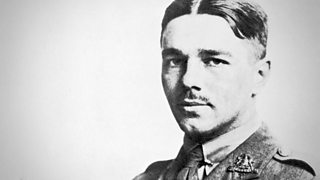
But over the course of the 20th Century the verses by this English officer and remain much studied in schools to this day.
It was in a giant Italian villa in the south-west of Edinburgh that famous works, like and , were written.
Wilfred Owen arrived at Craiglockhart Hospital on 26 June 1917 after being invalided home from the trenches of France.
His time at the hospital has been immortalised in the popular imagination by the novel, and subsequent film, .
They explore the relationships at Craiglockhart during World War One, including the one between Owen and , a fellow patient
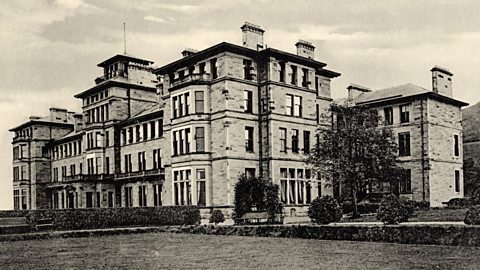
Cures at Craiglockhart
A variety of treatments for shell shock were offered at Craiglockhart.
Owen was severely traumatised by his experiences of front line trench warfare, which included being trapped for days next to the dead body of a fellow officer.
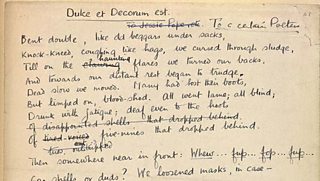
treated somewhere between 1,500 and 1,800 patients during the years it was operating as a shell shock hospital.
As well as their formal treatments with medical staff, patients at Craiglockhart were encouraged to be as active as possible. Captain Brock, Owen's doctor, encouraged him .
But it was through the poetry he produced at Craiglockhart that Wilfred Owen created his literary legacy.
Siegfried Sassoon offered Owen guidance, which can be seen in his handwritten notes on a number of drafts.
Wilfred Owen returned to the frontline following his spell in Craiglockhart and was killed on 4 November 1918, just a week before Armistice was declared.
Sassoon would also return to the front. , he recovered and returned home. After the war, he arranged for Owen’s poems to be posthumously published, preserving them for future generations.
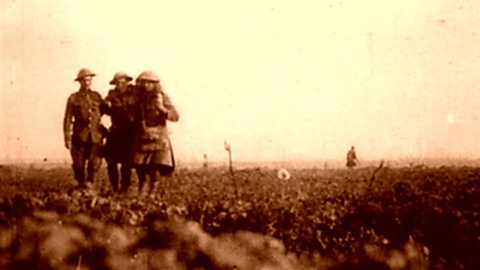
'Dulce et Decorum Est' by Wilfred Owen (poem only)
A reading of 'Dulce et Decorum Est' by Wilfred Owen.
Latest features from ±«Óãtv Scotland
-
![]()
'Wild swimming helps me process the grief of losing my son'
The benefits of cold water therapy.
-
![]()
Winter adventures are appealing, but an expert advises caution
Trips in winter require particular knowledge and skills.
-
![]()
The rescuers: Why volunteers risk their lives in mountain emergencies
Landward meets members of the Cairngorm Mountain Rescue Team.
-
![]()
‘Look for the light’ – practical tips to help you through another winter with SAD
Useful advice and tips to combat low moods at this time of year.
-
![]()
How you could be a binge drinker without even knowing
Binge drinking is classed as fewer units than many people may realise.
-
![]()
How chocolate biscuits and drama classes helped one man leave prison behind
The healing power of creativity.
-
![]()
'When people believe in you, it’s life-changing'
Author Graeme Armstrong revisits the man who helped turn his life around.
-
![]()
The 'breath-taking' display of US birds swept on to British soil
Recent storms have brought rare birds to our shores.
-
![]()
Six things we learned about Alan Cumming on Take the Floor (Spoiler: includes accordions)
The actor spoke to Take the Floor's Gary Innes.
-
![]()
How street gangs trap young men in a dangerous cycle of violence
The almost inescapable pull of life in a gang.
-
![]()
Why stylist Gok Wan believes there's no such thing as bad fashion
The fashion expert says we should stop following rules and do what feels right.
-
![]()
Is sending a CV still the right way to apply for a job?
They've been central to job applications for years, but are they worth it?





